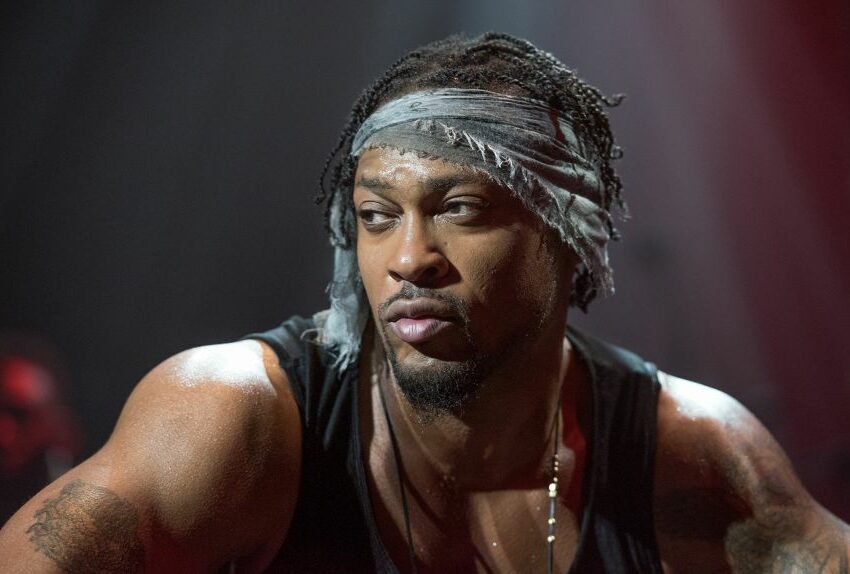
When word broke in South Africa that D’Angelo had died, a hush fell across music lovers here. From Gauteng to Cape Town, people lit candles, shared playlists, and quietly replayed his voice. In this moment, Mzansi wasn’t just a fan—it was part of his global echo.
A Quiet Battle Behind the Scenes
On 14 October 2025, D’Angelo—born Michael Eugene Archer—passed away at home in New York. He was 51. His family confirmed that he had been in a private struggle with pancreatic cancer for months before his death. They described him as “the shining star” of their family, whose light has dimmed in this life.
Though he mostly kept his illness out of the headlines, sources say he’d been hospitalised for several months and spent around two weeks in hospice care toward the end.
From Richmond to the World
D’Angelo’s journey began in Richmond, Virginia, as the son of a Pentecostal preacher. He first made waves in 1995 with Brown Sugar, blending classic soul, R&B, and a fresh poetic tone. Then came Voodoo in 2000, which cemented his place in the neo-soul movement. After a long hiatus, he returned with Black Messiah in 2014—an album that earned him critical acclaim and Grammy wins.
He won four Grammys in total: Best R&B Album for Voodoo and Black Messiah, plus awards for “Really Love” and “Untitled (How Does It Feel).”
South Africa’s Pulse with His Music
Here in SA, D’Angelo’s music has long been part of cherished playlists—late-night listening, studio sessions, and introspective drives. His influence stretched across genres. Social media lit up immediately after the news broke. Artists, DJs, and everyday listeners shared clips of him performing Untitled in dim lights or quotes from Voodoo.
Some spoke of how his sound felt universal yet deeply rooted in Black American musical traditions—a connection that resonated strongly with South African artists and audiences alike.
RIP D'angelo. R&B wouldn't be the same without you. pic.twitter.com/3nomx9BMSL
— Sisa (@TheTitanBaddie) October 14, 2025
Legacy Beyond the Spotlight
He wasn’t a constant presence in the public eye. Over the years, he withdrew, battled personal struggles, and surfaced when art demanded it. But each release was an event, each lyric etched with emotional weight.
He leaves behind three children and a body of work that shaped contemporary soul and R&B. His former partner, singer Angie Stone—with whom he had a son—died earlier this year in a car crash, adding a layer of heartbreak to an already overwhelming loss.
Why His Passing Matters
D’Angelo’s death is not just a loss for American music—it’s a moment of reflection in South Africa. For young artists, his persistence in crafting deeply personal, uncompromised music is a guiding light. For fans, his music offered comfort, elegance, and sonic truth.
In a country where music often carries social and emotional weight, losing a figure like D’Angelo feels personal. He belonged not only to the record charts but also to the quiet spaces between songs—to the pauses where we feel, remember, and heal.
As Mzansi mourns, we also celebrate—his threadbare voice, his intervals, and his immaculate silences. He’s gone from our airwaves, but he lives still in playlists, cover versions, sampled beat patterns, and emotional undercurrents that shaped who we are as listeners.
Source: Briefly News
Featured Image: CNN




